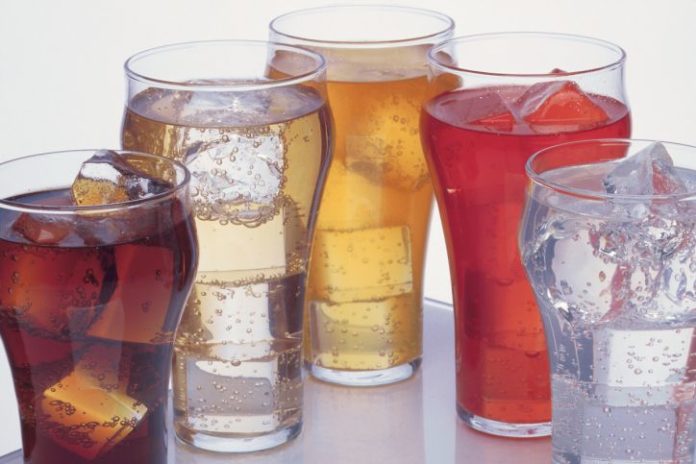While the Australian Dental Association Inc. (ADA) welcomes the release of the Australian Dietary Guidelines and the Infant Feeding Guidelines (Guidelines), it warns Australians that limiting their consumption of soft drinks to ‘low-kilojoule’ ones does not go far enough.
The Guidelines were developed after examining the scientific evidence about the best dietary patterns for Australians of all ages and were released by the National Health and Medical Research Council and the Australian Government Department of Health and Ageing earlier this week.
“While the Guidelines suggest that the consumption of sugar-sweetened drinks (soft drinks) is associated with increased risk of weight gain in adults in children, the ADA warns that this only tells half the story,” Chair of the ADA’s Oral Health Committee, Dr Peter Alldritt said.
“The public is urged to also note that the Guidelines state:
‘The acidity of sweetened drinks is also relevant to dental erosion, a major factor in dental decay. This applies equally to sweetened or diet soft drinks, since their acidity is comparable.’
“Whether or not a soft drink has ‘low sugar’ it still has the same amount of acidity, and therefore still increases the risk of dental caries. Australians should limit their consumption of soft drinks, whether or not they are high or ‘low’ in sugar.”
“Australians should be careful to limit their consumption of cordials, fruit drinks, vitamin waters, energy and sports drinks and soft drinks (both full flavour and low sugar varieties). Children and teens should be encouraged to drink water (preferably fluoridated tap water) as much as possible.”




 (3 votes, average: 3.67 out of 5)
(3 votes, average: 3.67 out of 5) 






